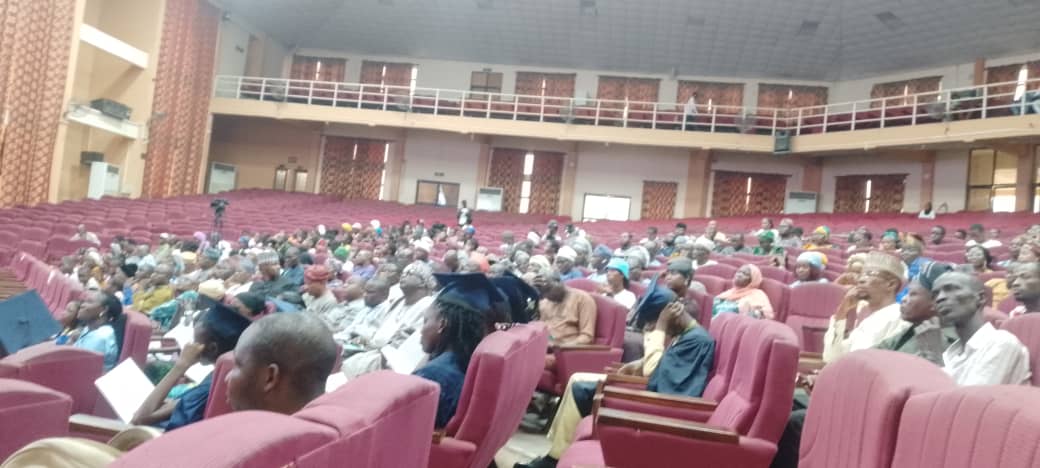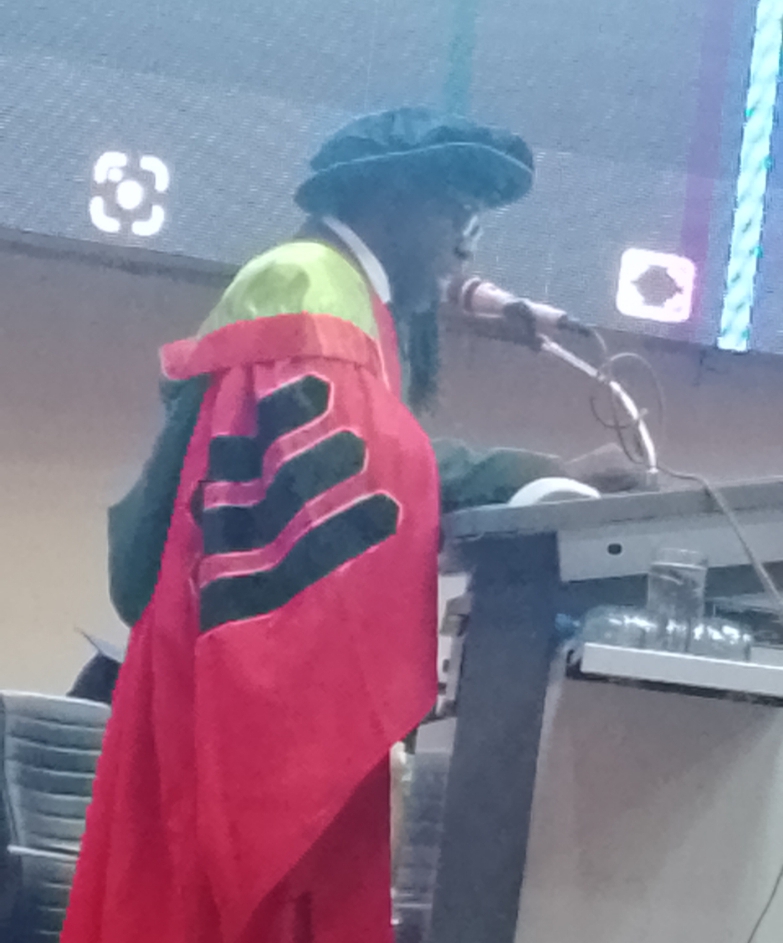*Urges Nigerians to rethink forest myths
From Taiye Joseph, Ilorin
Professor Folaranmi Babalola, a lecturer in the Department of Forest Resources Management at the University of Ilorin, has urged Nigerians to reconsider their long-held beliefs about forests and recognise their immense value to both human survival and the environment.

In his 277th Inaugural Lecture at the university, Babalola, challenged the widespread myths that associate forests with danger, evil, and mysticism, stressing that they are instead vital assets for humanity’s future.
“Forests are not places of fear or mystery, as commonly perceived. They are biodiversity hotspots, sources of food, medicine, income, and, most importantly, crucial protectors of our climate,” Babalola stated, while delivering his lecture titled “The Beliefs, Myths, and Facts About Forests and Their Connection to Humanity.”
The professor called for a national campaign to dispel the myths surrounding forests, particularly among the younger generation.
He emphasised that raising awareness about the value of forests and promoting the forestry profession could help address environmental degradation and deforestation, which remain significant challenges in Nigeria.
He also advocated for the preservation of indigenous tree species like Iroko, Mahogany, and Shea, which hold cultural, medicinal, and economic importance. “We must restore these trees not just for their aesthetic value, but for the vital ecological balance they support,” he noted.
Babalola highlighted the importance of combining traditional ecological knowledge with modern scientific methods to develop sustainable forest management practices.
He pointed out that many forested areas are increasingly under threat from criminal activities, calling for increased security measures. “Our forests have become unsafe zones, exploited by criminals. We must invest in surveillance to protect biodiversity and human lives,” he warned.
In his address, Babalola urged both the Nigerian government and academic institutions to invest more in forestry education and research.
He called for improvements in infrastructure, curriculum, and forest management programs, with a particular focus on enhancing the University of Ilorin’s Teak plantation as a model for forest research.
Finally, Babalola appealed to the private sector to engage more actively in forest restoration efforts, such as afforestation initiatives and carbon credit markets.
He also recommended strengthening the University of Ilorin’s Department of Forest Resources Management and its Campus Tree Management Committee, suggesting that with proper support, the university could become a leader in forest conservation and education in Nigeria.
“Forests are not relics of the past, they are the future. Neglecting them puts our climate, economy, and very existence at risk,” Babalola concluded.







